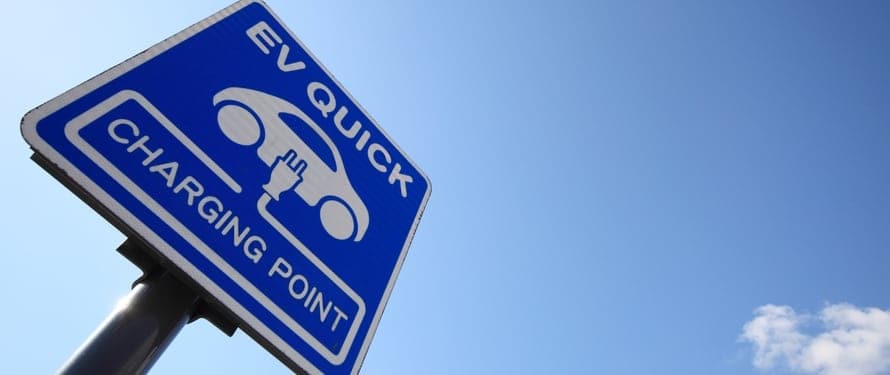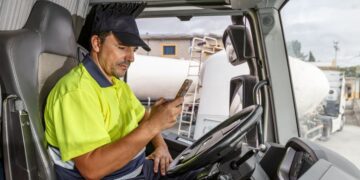Ever packed up your Electric Vehicle for a nice long, guilt free, road trip? Never? Probably because you wouldn’t make it very far before all systems shut down and you are stranded.
Now the open road is no longer a no-go, pardon the pun, for your EV.
EV owners typically charge up their cars by plugging it into a socket at home – taking anywhere from three to eight hours to fully charge and typically this means an EV owner can travel about 150km’s before the next charge meaning venturing beyond the city limits isn’t well advised.
But that is now a thing of the past and trips through the South-West with your hair in the wind and the open road ahead of you. An open road dotted with charging stations to fuel up your EV.
From Perth to the beachside tourist town of Augusta, 310 kilometres from the capital, 12 publicly accessible charging stations will take just 30 minutes to fully charge a vehicle.
There are fewer than 150 EV owners in Western Australia but it was hoped access to the chargers would encourage more people to buy the cars, which start at $49,000.
The RAC funded the Electric Highway and president Esme Bowen said she hoped the bright yellow charging stations would get people talking.
“I think it’s just about getting people exposed to them and I think this highway will give people the opportunity to think, ‘What’s that car doing? What does it do? What does it mean?’,” Ms Bowen said.
Dr Chris Jones from the Australian Electric Vehicle Association said that until now EV’s have not been partical in the Australian setting, “We do have longer distances than most to travel and so the limited range of the current fleet of EVs plays a part in that.”
“We also don’t have any government incentives whatsoever whereas most other nations have got something.”
The start-up costs are on the more expensive side, but the cost of running an EV is just a fraction of fuel-powered cars.
Owners can use the new charging stations for free until the end of the year when it will start costing between $3 and $5 for a full charge.
Dr Jones said while electricity was not a completely green option, it was preferable to using petrol or diesel.
“EVs aren’t saints, the batteries need to come from resources that are dug out of the ground, but they will run on virtually zero carbon emissions if you charge it from solar or wind for the rest of its life, as the majority of EV owners do,” he said.
Dr Jones said it was just a matter of time before similar charging stations were built across the country.
“All it took was a bit of motivation; it’s an elegantly simple system. All of the infrastructure to deliver the energy is already there, it’s just a case of putting the right charger there,” he said.
“Anywhere where you’ve got power lines running past you can put a charging station.”
Image: Shutterstock












